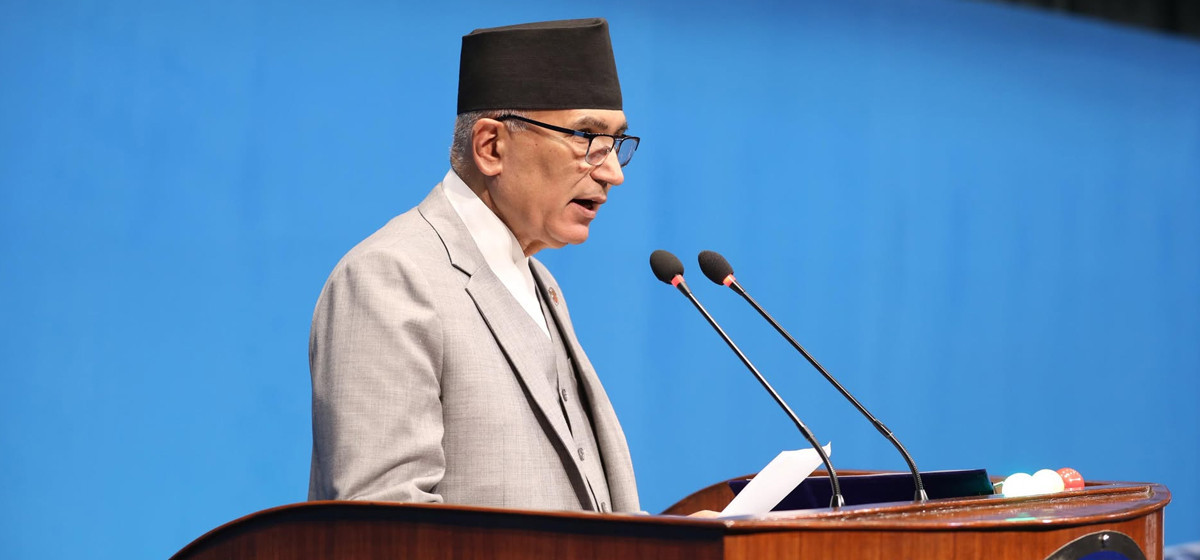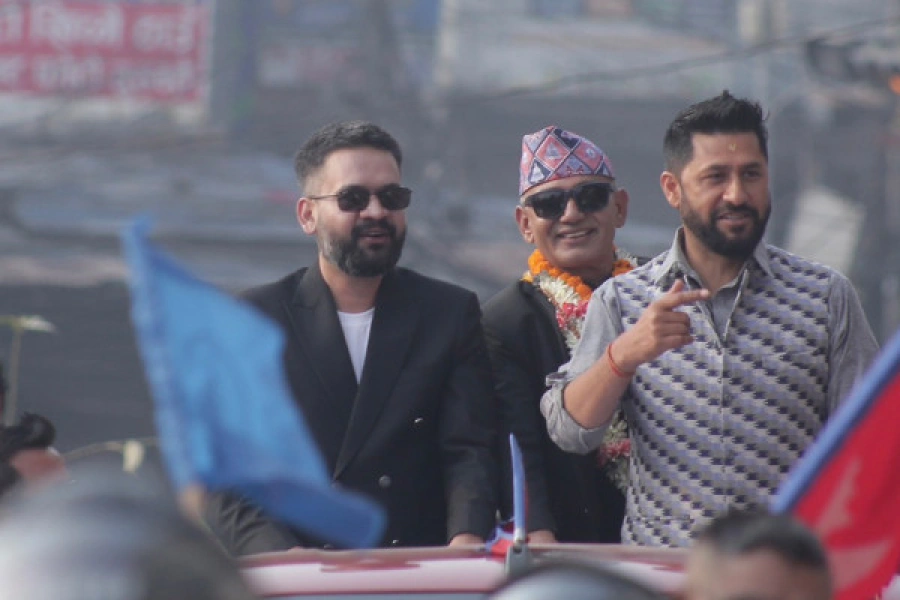The recent decision of the Subcommittee of Accreditation (SCA) within the Global Alliance of National Human Rights Institutions (GANHRI) to retain the status of the National Human Rights Commission (NHRC) has generated optimism among various advocacy groups in Nepal, particularly those championing women, LGBTQ+, indigenous, and disability rights. This article emphasizes the pivotal role of the Paris Principles in upholding the credibility and effectiveness of National Human Rights Institutions (NHRIs) and delves into the potential implications for the disability rights movement.
Following the retention of its status, the NHRC is advised to sustain its collaboration with the Office of the High Commissioner for Human Rights (OHCHR) and other international, regional, and national organizations to fulfill its mandate effectively. Recommendations from the SCA include the broad dissemination of vacancies, maximizing candidate diversity, and to foster inclusive processes in application, screening, selection, and appointment.
Human rights, fundamental to every individual worldwide, are inalienable and apply universally. Despite potential restrictions in certain circumstances, they are grounded in shared values like dignity, fairness, equality, respect, and independence, protected by law. The Paris Principles, recognized as fundamental to NHRIs, highlight the pillars of pluralism, independence, and effectiveness, empowering these institutions to safeguard all human rights. However, in the case of disability rights in Nepal, there seems to be a neglect of these principles.
Understanding disability

Within the framework of the Paris Principles, this article underscores the need for a disability-inclusive perspective in addressing disability rights. Pluralism should not only ensure diverse representation but also actively promote the inclusion of individuals with disabilities at decision-making levels. Independence becomes crucial in challenging discriminatory practices, while effectiveness involves proactive measures such as monitoring policy implementation, handling complaints, and providing advice on legislation impacting persons with disabilities.
The lack of inclusivity in Nepal's NHRC, highlighted by the absence of a dedicated disability advisory committee or a separate desk for disability inclusion, raises concerns about the effective monitoring of Convention on the Rights of Persons with Disabilities (CRPD) implementation. However, with the NHRC retaining its status, it gains the ability to express views and participate in decisions at the United Nations Human Rights Council, enhancing its influence on matters related to disability rights.
An accessibility audit conducted by Prayatna Nepal reveals shortcomings in the NHRC website, indicating the need for improvement. Despite these challenges, the retention of NHRC in Nepal significantly impacts the protection and promotion of disability rights. The absence of a dedicated constitutional body for persons with disabilities places this vulnerable population in a precarious position, making the NHRC's retention crucial for minimizing barriers to the realization of disability rights.
The elevated status of NHRC serves as a vital mechanism for monitoring and addressing human rights violations, including disability rights. Its authority allows investigations, inquiries, and recommendations to the government for policy improvements and legal reforms. The strengthened position enables NHRC to robustly champion the rights of persons with disabilities, potentially leading to increased attention, resources, and influence on policies related to disability inclusion.
Moreover, the retention may facilitate effective collaboration with stakeholders, including government agencies, NGOs, and international bodies working on disability rights. NHRC's enhanced position could result in increased partnerships and cooperative initiatives aimed at advancing the rights and well-being of persons with disabilities.
Another implication of the retention is the potential support for awareness and education regarding disability rights. The NHRC, with its elevated status, can engage in public awareness campaigns, educational programs, and advocacy efforts to enhance societal understanding of disability issues. This empowerment of the NHRC's outreach initiatives contributes to the dissemination of crucial information about the rights, needs, and contributions of persons with disabilities.
The retention of the NHRC also sends a positive signal to the international community, bolstering Nepal's standing in terms of human rights commitments. This could lead to increased international support and collaboration in the realm of disability rights, as the status of the NHRC signifies a continued commitment to upholding and advancing these rights at the national level.
In conclusion, the recent decision by the Subcommittee of Accreditation (SCA) to retain the National Human Rights Commission's (NHRC) status within the Global Alliance of National Human Rights Institutions (GANHRI) marks a crucial milestone for the protection and promotion of human rights in Nepal. While the article underscores the importance of the Paris Principles in guiding National Human Rights Institutions (NHRIs), it also highlights the pressing need for a disability-inclusive perspective in addressing rights for persons with disabilities in Nepal. Despite challenges and shortcomings, the retention of NHRC not only enhances its influence at international forums but also positions it as a pivotal force in championing disability rights within the country. The strengthened collaboration opportunities, increased public awareness initiatives, and positive signal to the international community further solidify the significance of NHRC's retention in advancing the rights and well-being of individuals with disabilities in Nepal.




































